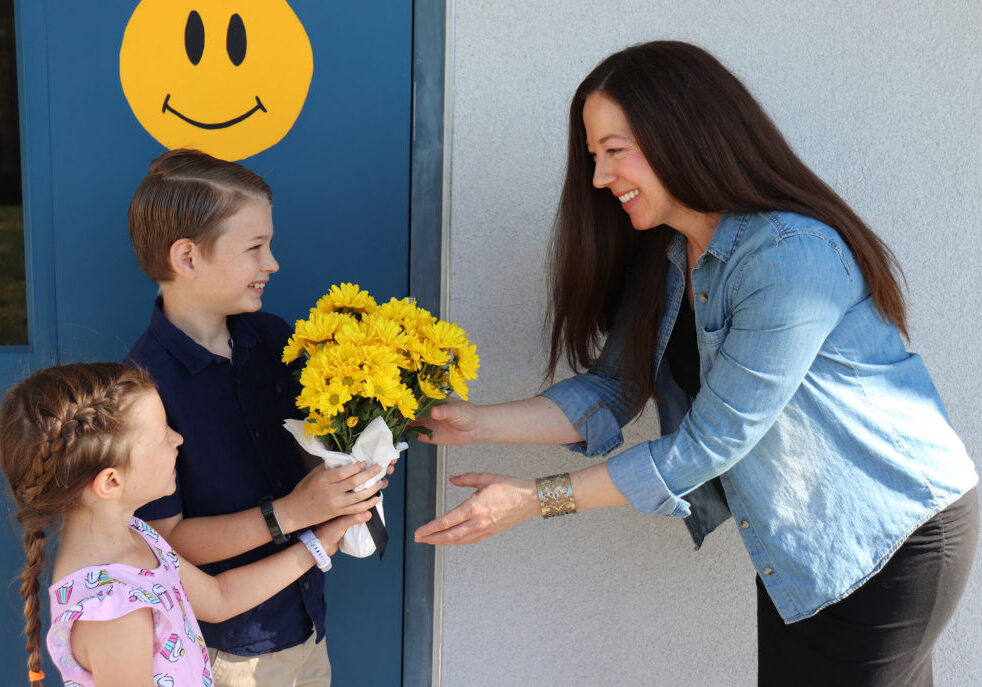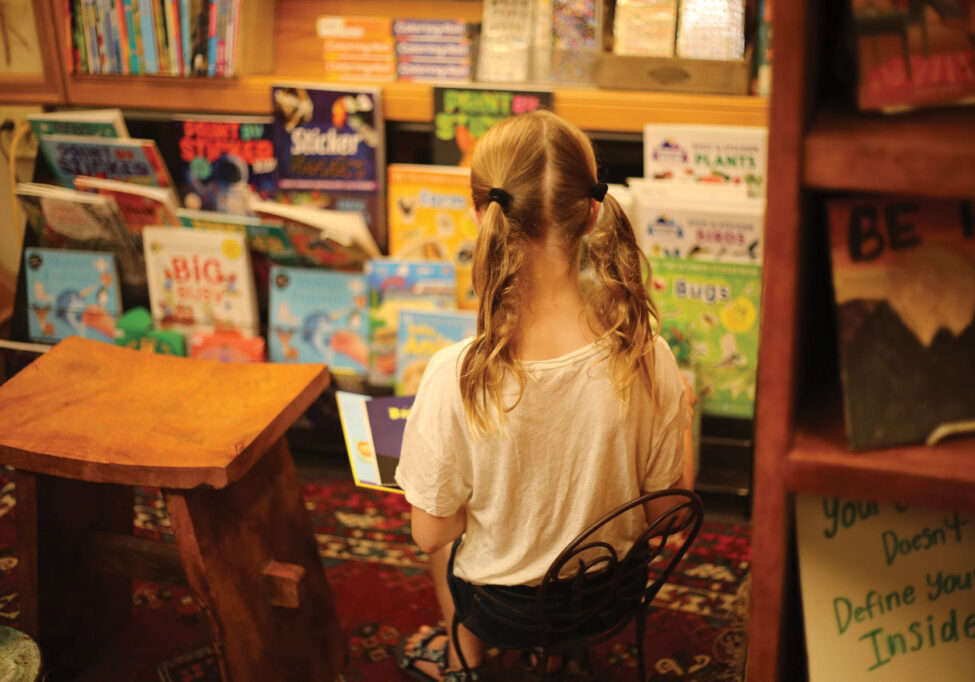There’s a lot of talk about “resilience” these days, but what exactly does the term mean? Generally, resilient people of any age have the ability to bounce back from life challenges with a positive attitude. They can move through difficulties and surprises by problem solving and learning, rather than staying stuck in the problem.
Lizzy Francis, in a Fatherly.com article, wrote, “It is up to parents to give [kids] the coping skills they’ll need, and to teach kids resilience: how to bounce back from setbacks and to overcome frustrations. Raising resilient children means raising kids who are independent, confident, curious, caring, and patient.”
Of course you want to raise resilient, problem-solving children who are able to roll with the punches life will inevitably throw, so check out some guidelines to help them develop a resilient approach to life.
Help by brainstorming instead of rescuing
Instead of rushing to make sure life is always comfortable for your kids, let them figure out how to solve their own issues sometimes. This goes for relationships, school, work, sports and other activities. They’ll need to figure out how to deal with situations, and you’ll need to help them by brainstorming and teaching them how to handle things without rescuing.

Let your kids enjoy some freedoms
Yes, we live in a crazy world, but our kids should be able to enjoy some freedoms, like walking to their friend’s house up the street, depending on their age and maturity level. And I do worry when my teens drive themselves places, but I try my best not to let them see my anxiety. I know their dad and I taught them the skills they need to be defensive drivers, so we send them out into the world with a hug and a prayer. They might run into some issues along the way, but that’s what teaches resilience!
Let them make mistakes
While it can be painful to watch our children fail, Emily L., mom of five, hopes we will keep in mind that “failure and success are both main characters in the drama of life. To give up one is to lose the other. If children never fall, then they never experience the joy of rising in imperfect perseverance. To let them fail is to allow them the fullest experience of life.”
It’s so satisfying to watch the creative ways our kids get back up when they fall. Learning consequences of actions is so important, and we can show our kids how to act by admitting when we make mistakes ourselves. Elizabeth H., another mom of five, suggests, “Give them the freedom to make mistakes and learn from them.”
Let them experience frustrating emotions
It’s okay to feel the frustrating emotions that come with making mistakes, learning new things and being put in foreign situations. Model emotional resiliency for your kids and you’ll raise some empathetic kids. You want them to realize that talking things through and getting angry or crying when appropriate are a healthy part of being a human being.
Set a good example and give them tools for the future
Sarah Logan Lyons, mom of six, says that what’s going on right now with coronavirus is a good example of learning resilience. “It’s not easy to be flexible when things don’t go as expected. Set a good example of how to react to unexpected situations so the kids can model your reactions. I also talk through the feelings they have when this happens and give them tools for how to deal with it in the future. We also try to look at the blessings in difficult situations and make the best of any situations.”
If anything is going to help our kids of all ages to be more resilient as human beings, it’s what’s going on right now in the world. Everything was cancelled for a while—sports, birthday parties, church, graduations, lessons—and the changes keep coming. Kids have definitely had to learn how to keep themselves occupied by learning new skills, finding new ways to socialize from a distance and trying new things while also keeping active and staying healthy.
One final tip from Barbara F., mom of five: “Always look for the joy in everything. It’s easy to move on when you see the light.”
Posted in: Education
Comment Policy: All viewpoints are welcome, but comments should remain relevant. Personal attacks, profanity, and aggressive behavior are not allowed. No spam, advertising, or promoting of products/services. Please, only use your real name and limit the amount of links submitted in your comment.
You Might Also Like...
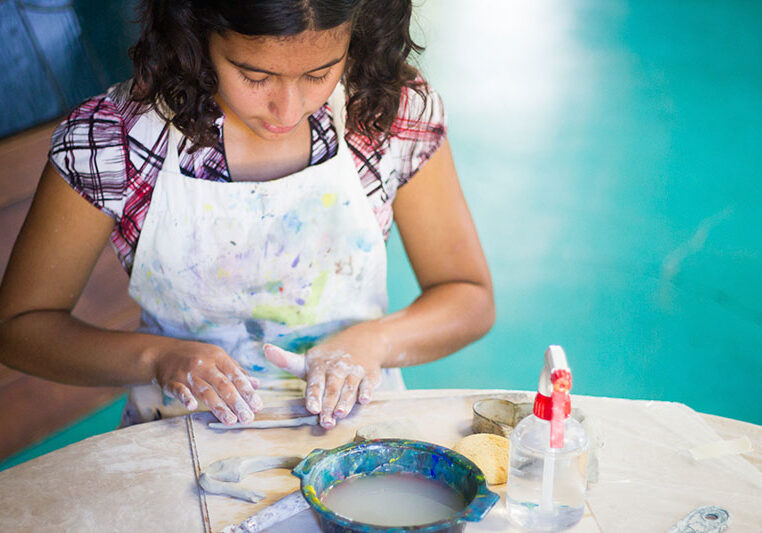
Two Schools In The North State Provide Students Unique Educational Opportunities
These days, parents have multiple options for choosing the best educational path for their children. In the past, choices for educating children were primarily public or religious schools. Alternatives now […]
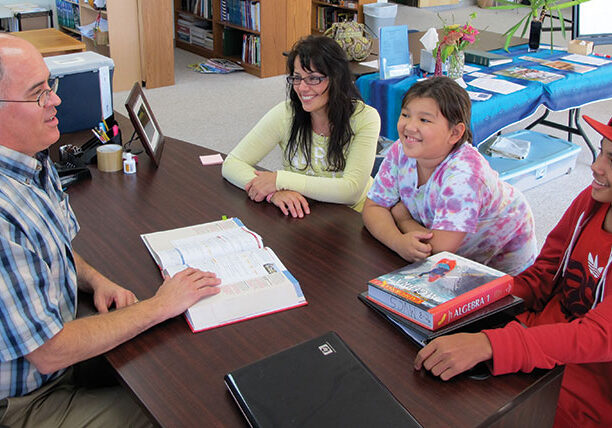
Be Prepared: Planning For A Parent/Teacher Conference
October means parent conference time in many school districts. Are you prepared? While you expect that your child’s teacher will be organized and ready for the meeting, preparation on your […]
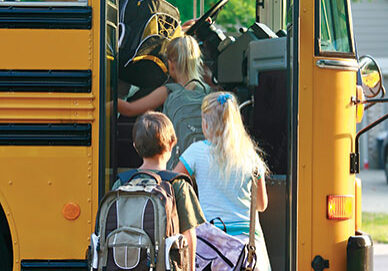
Tips For Easing The New-School Jitters
I remember lying awake for hours the night before the first day of school each fall. So many questions were swirling around my brain. What did the year have in store […]

Classic Books to Make Your Kids Fall in Love with Nature
In these classic books, exceptional illustrations and simple, clear words make these books burst with information about the natural world. After reading one of these classics, take your kids on […]


